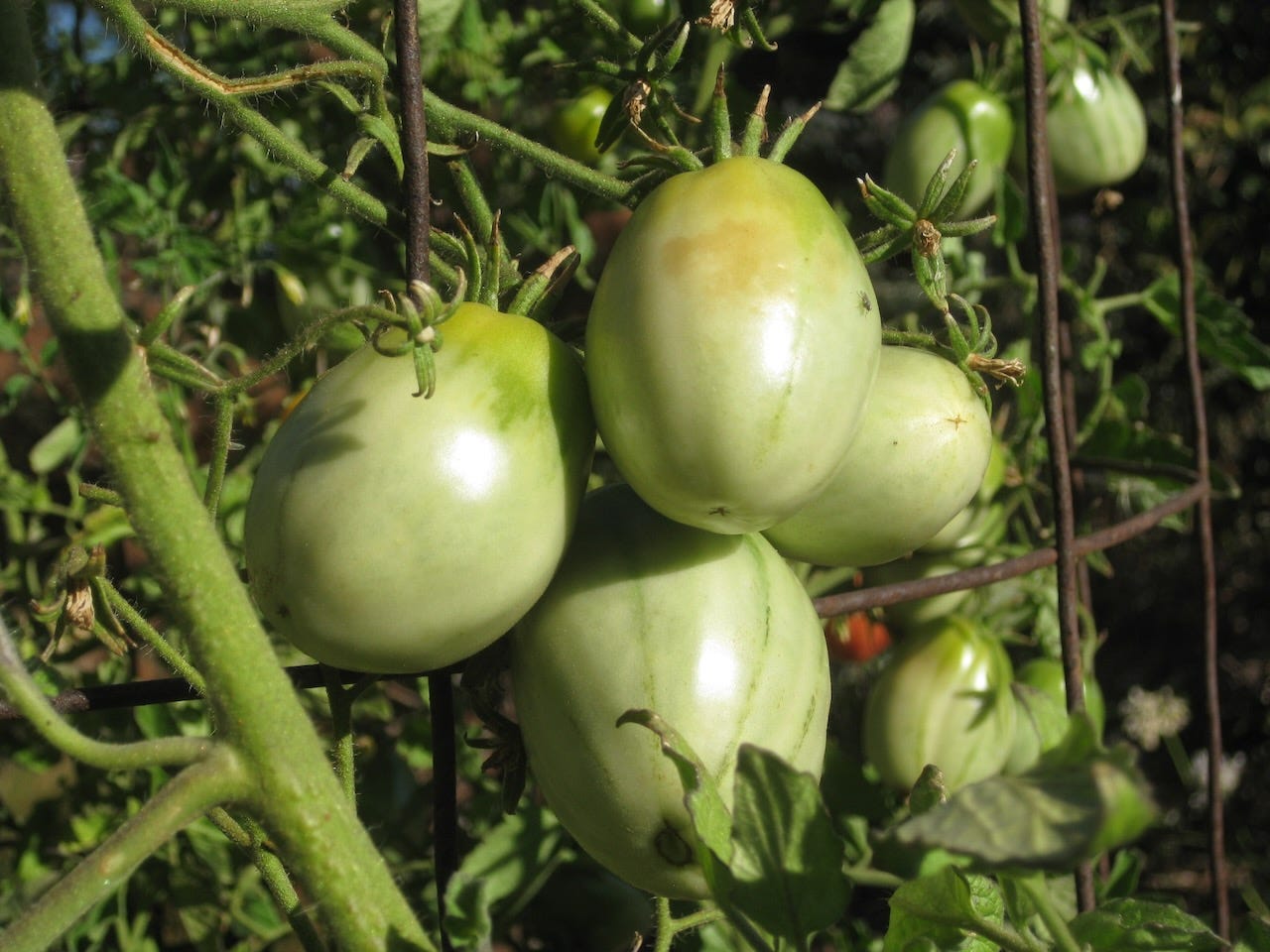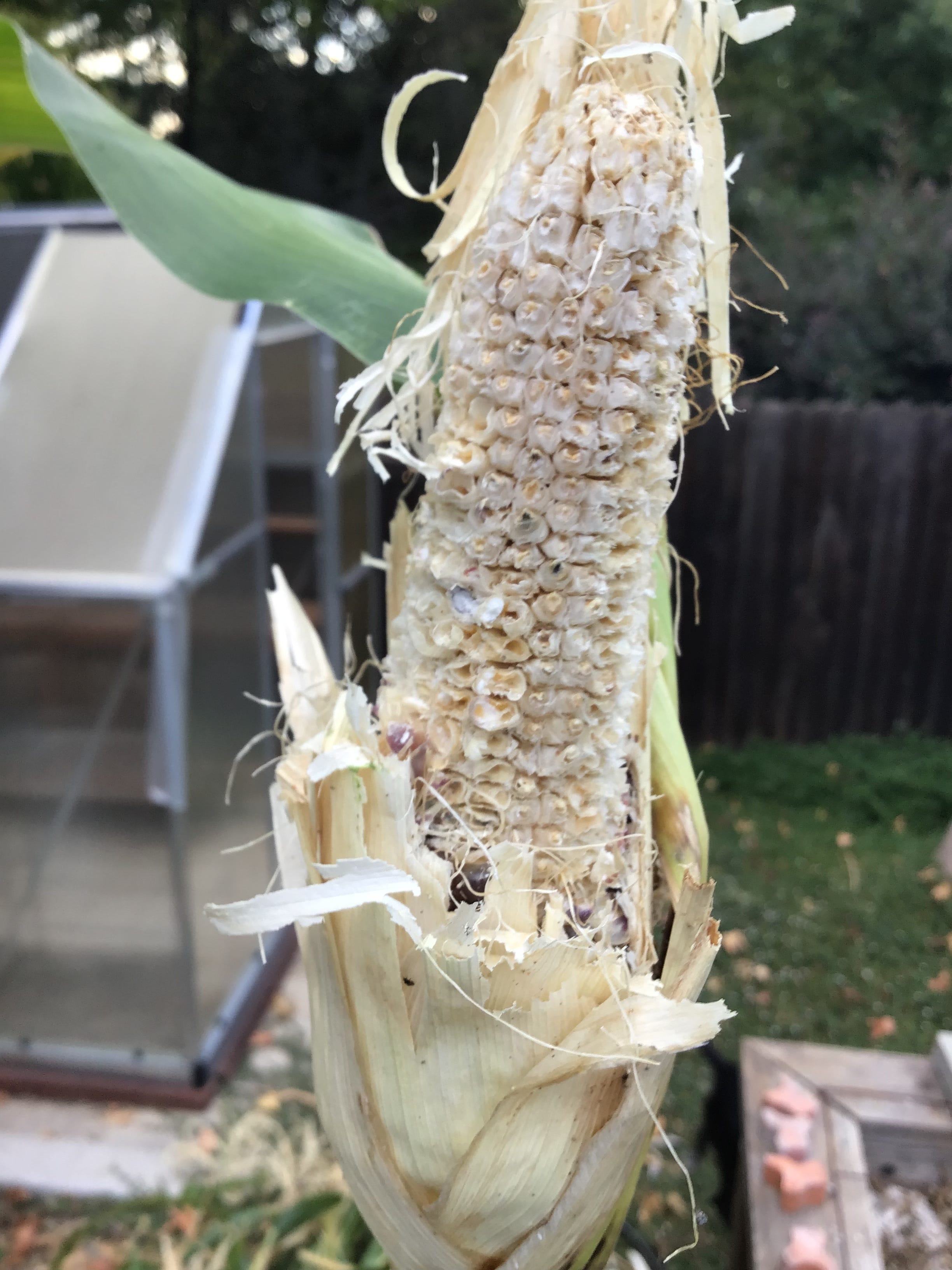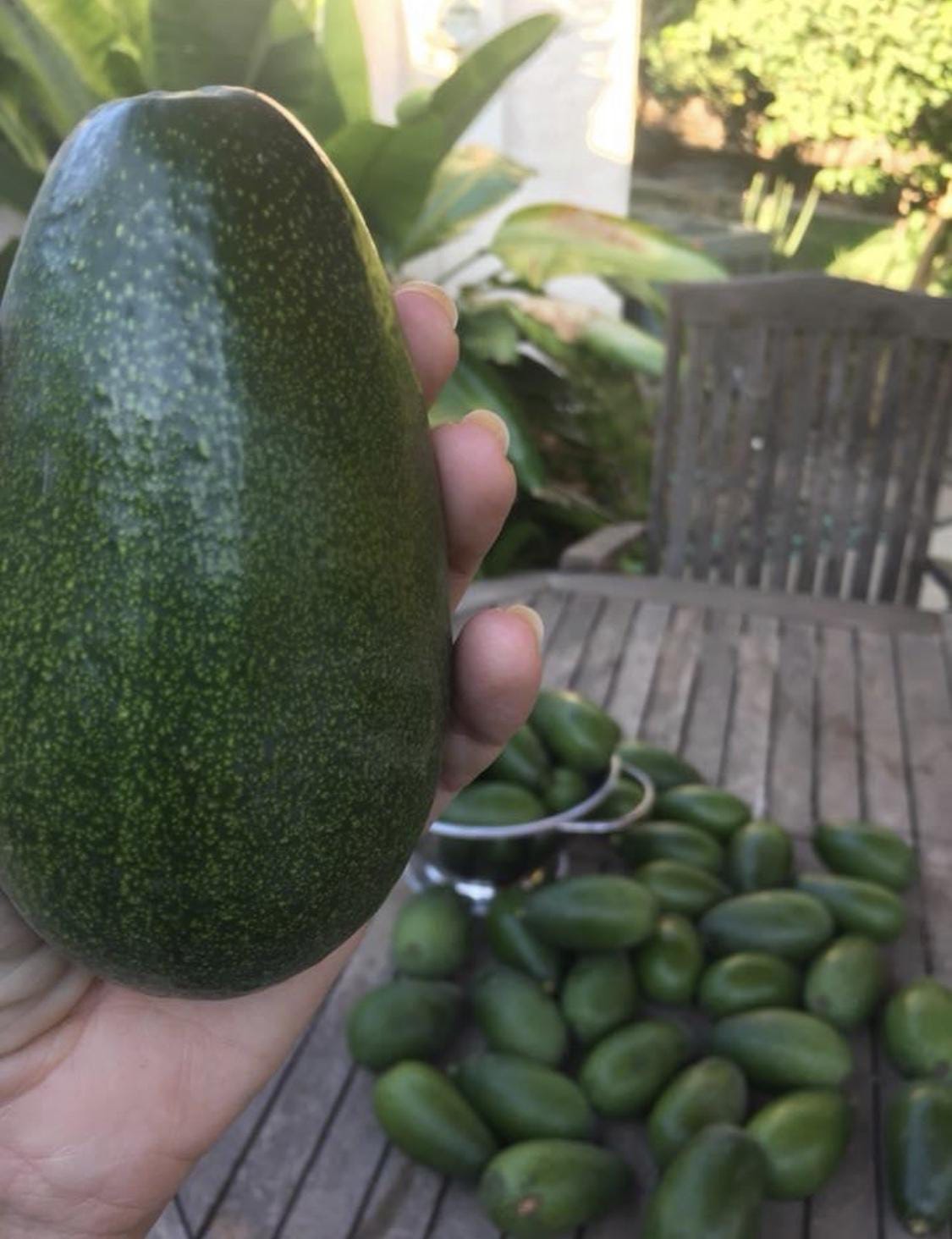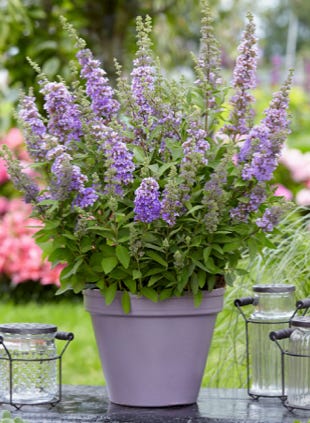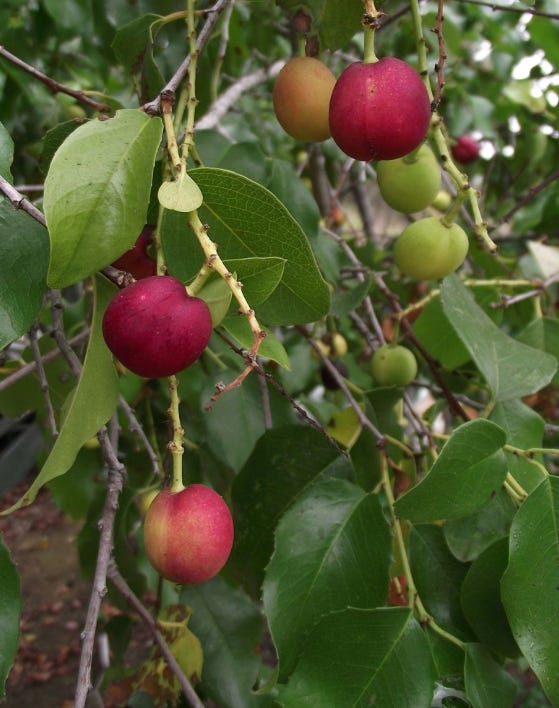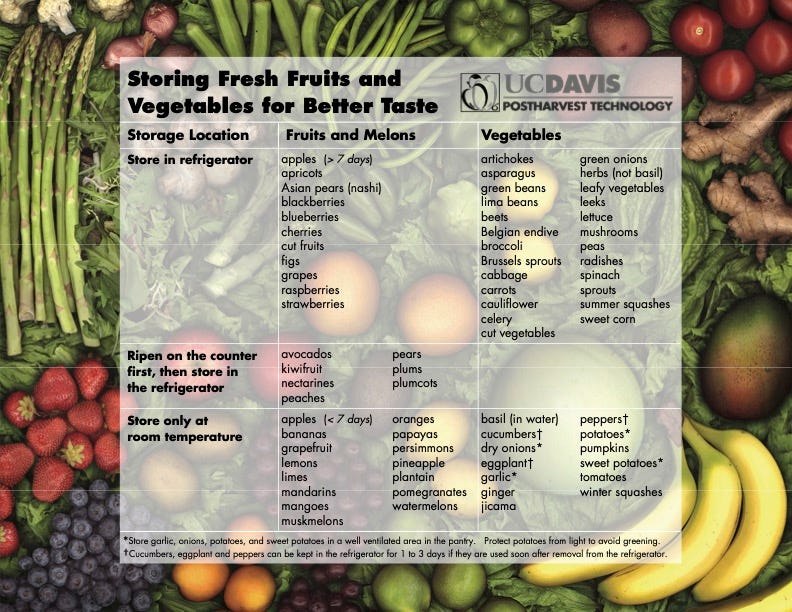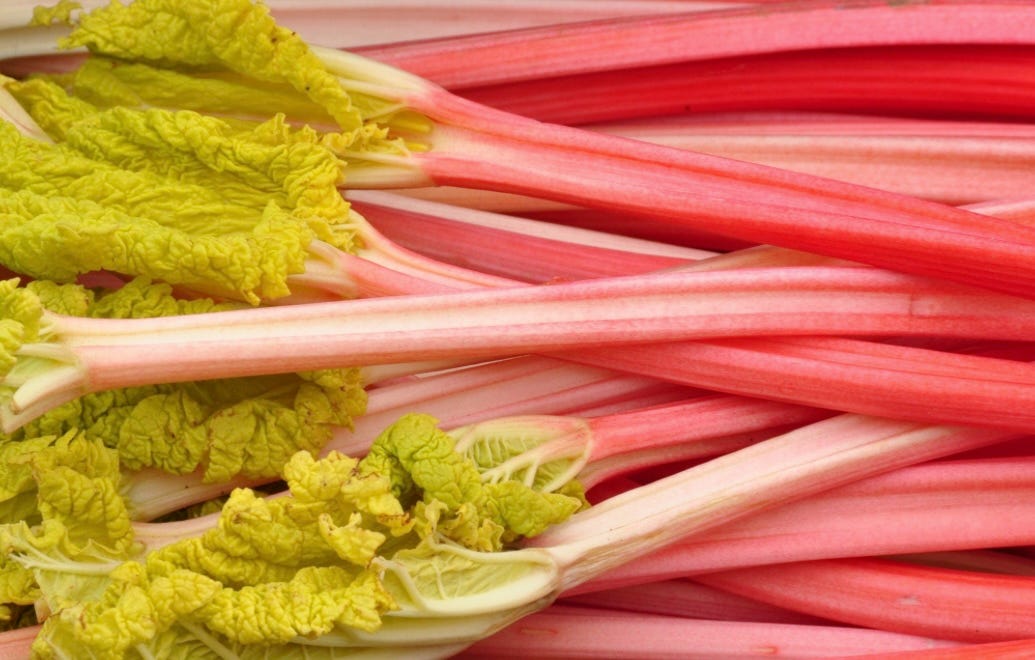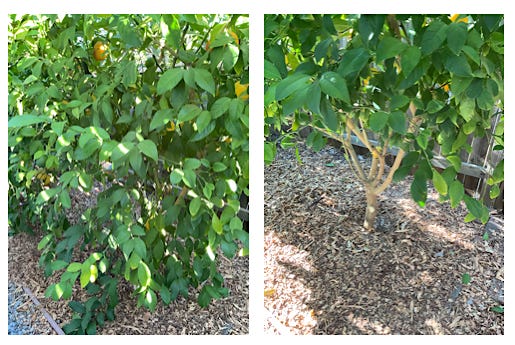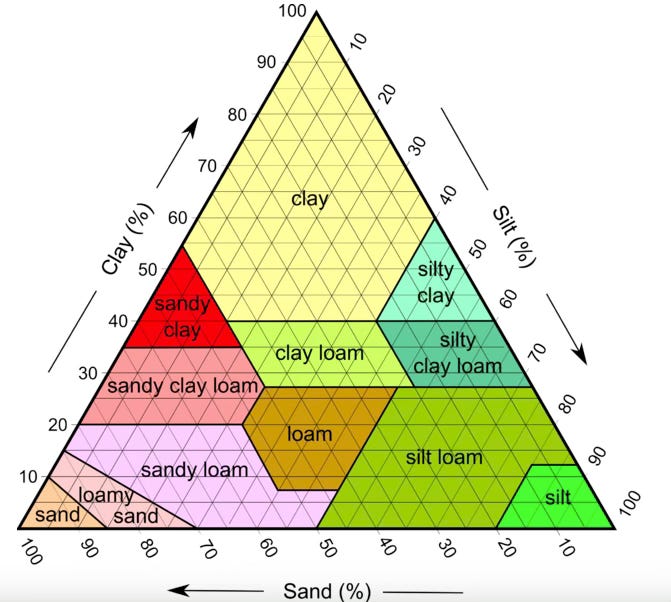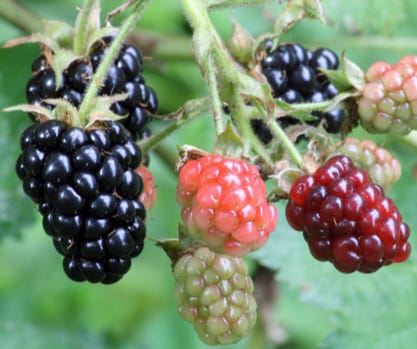Weed Killers Just Got More Confusing
Description
In this episode of the Beyond the Garden Basics newsletter/podcast, we engage in an in-depth discussion about weed killers with Debbie Flower, America’s favorite retired college horticultural professor. We delve right into the complexities of weed management, addressing the various options available while navigating the maze of products at our local big box stores.
As we stand before a daunting wall of weed killers, the conversation brings clarity to the overwhelming choices, shedding light on the distinctions between the products and their formulations.
We start by tackling the widespread confusion surrounding Roundup, a brand historically synonymous with glyphosate. As glyphosate is being phased out, we explore the newer formulations that have replaced it. Many consumers may assume that Roundup still contains glyphosate, but Debbie explains that consumers must be vigilant in understanding the fine prints of these products.
According to the University of Tennessee publication, “Update on Roundup-Branded Herbicides for Consumers”, Roundup weed-killing products now encompass a range of active ingredients that may vary significantly in toxicity and efficacy. We emphasize the importance of reading labels thoroughly, highlighting the legal implications of using herbicides incorrectly.
Debbie expands on the shift in chemical composition within Roundup by introducing us to several active ingredients like Diquat, Fluazipop, and Triclopyr. We discuss the implications of using these chemicals, including their varying half-lives and their potential effects on soil and nearby desirable plants.
Notably, Debbie reminds us that some products can render soil inhospitable for new planting for extended periods, which is crucial information for gardeners planning their next steps after weed control.
Throughout our discussion, we touch on the critical aspect of safety. Both Debbie and I stress the significance of protecting oneself when applying any chemical herbicide. We explain how understanding the signal words such as “caution,” “warning,” and “danger” on product labels can help consumers navigate the toxicity levels of different herbicides.
The conversation leads us to the point that, while chemical weed control can be effective, many gardeners often overlook traditional methods, like manual weeding and mulching, which can be safer and more environmentally friendly.
We tackle alternative options popular on some Internet gardening sites, including vinegar as a natural weed killer but quickly highlight the hazards of using 30% vinegar, which is often found in the cleaning aisle rather than the gardening section. This topic was also covered in depth in the September 3, 2024 edition of the “Beyond the Garden Basics” newsletter.
We caution gardeners about the need to treat such products with care, as they can be more harmful than conventional herbicides. This well-rounded dialogue between us brings to light both the benefits and the risks associated with various gardening techniques and products.
As we progress, we dig into the technical side of weed killers—discussing how different chemicals are absorbed by plants, persistence in soil, and the necessary wait times before replanting. Debbie provides valuable insights into the environmental impact of chemicals leaching into the soil and waterways and how this can affect crops and landscaping efforts. Our conversation is not merely about identifying the right products but also understanding their broader implications on health and the environment.
Finally, we encourage listeners to be proactive and informed gardeners by seeking out educational resources on reading and understanding product labels, as well as considering effective non-chemical alternatives to weed management.
With all these insights shared, the overarching message is clear: informed decision-making is paramount in effective and safe gardening practices. We leave you equipped to tackle weed problems while fostering a safe and flourishing garden.
And, one more excellent weed suppressant:
(authors: Fred and his pal, AI)
Farmer Fred's Ride For the Kids!
I'm fundraising on behalf of the 2024 Sac Century Challenge on September 28th to raise money for the Sacramento Children's Home Crisis Nursery and I could use your support. Here’s the link for making a donation.
On that date, I’ll be riding my bike, a Surly Midnight Special (NOT an e-bike) 100 miles along the Sacramento River to help out the Sacramento Children’s Home Crisis Nursery. I’ve ridden 100 miles in one day plenty of times…when I was younger.
But at 73, I could use some moral support, and the Sacramento Children’s Home Crisis Nursery can use your pledge money. So, how about it? Maybe pledge 10 cents a mile (that’s $10) along with a hearty, “You go, Fred!” Or a more generous one dollar a mile ($100), to give me the mental endurance for the entire ride, to dodge the pothole-filled levee roads and pedal harder in the ferocious headwinds that makes this ride a real challenge!
The Sacramento Children's Home Crisis Nursery is the only program of its kind in Sacramento County and directly prevents child abuse and neglect by supporting families with small children at times of crisis. The nursery allows parents to bring their children ages newborn to five for emergency hourly or overnight care during difficult times, with the goal of keeping families together and reducing the number of children entering foster care. To care for our community's most vulnerable children, we rely on support from community members like you. By donating, you empower us to provide a safe haven for children throughout the Sacramento area, offering respite to parents during times of crisis, and building a strong support system for the future. Your support helps provide a safe place to stay local kids in need. Again, here’s the link to make a donation to the Sacramento Children’s Home Crisis Nursery.
Thank you for your support, and say "Hi!" if you see me pedaling like crazy into a headwind out there on Saturday, September 28th!
Thanks for reading Beyond Basics: The Garden Basics with Farmer Fred Newsletter! Subscribe for free to receive new posts and support my work.
Thank you for also listening to the Garden Basics with Farmer Fred podcast! It’s available wherever you get your podcasts. Please share it with your garden friends.
Fred Hoffman is also a University of California Cooperative Extension Master Gardener in Sacramento County. And he likes to ride his bike(s).
This is a public episode. If you would like to discuss this with other subscribers or get access to bonus episodes, visit gardenbasics.substack.com



